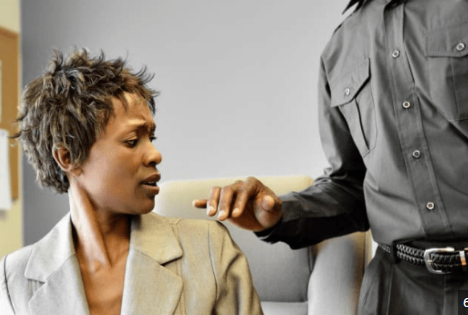Worried by the increasing spate of workplace sexual harassment and violations, the UN Women has initiated four action points to put an end to this anomaly.
In its October 3, 2023 release, the UN Women noted that gender equality and safe working environments have been at the forefront of its global discussions, as more than one in five people worldwide have experienced one form of violence of the other including physical, psychological, or sexual harassment.
The agency however notes that the issue disproportionately affects women, with over eight percent experiencing some form of harassment or violence, compared to five percent of men.
In sectors like the garment industry, where women make up the majority of the workforce, the statistics are even more alarming, the UN Women release notes.
According to recent initiatives to address the pressing issue, the UN Women notes that it is emphasizing the importance of government, civil society, and the private sector in advocating for safe workplace for all so that actions can come in response to the global recognition that gender equality and safe working environments can only be achieved when violence and harassment are eliminated.
Indicating “Developing Policies to Combat Workplace Harassment, Creating Safe Workplace Through Collaboration, Conducting Research on Gender-based Violence at Work and Empowering Working by Building Capacities,” as the four action points.
The agency notes that recognizing the universal right to a workplace according the June 2019 the International Labour Conference (ILO Convention No 190), to ensure the right to a workplace free from violence and harassment is attained.
It notes that as of October 2023, thirty-two countries have ratified this convention, obliging them to establish laws and policy measures to combat workplace violence and harassment for all workers, including those in the formal sector.
The UN Women says there is need for governments, employers and other stakeholders must collaborate to establish violence-free workplace, to encourage companies to support survivors, best practices, share helpful resources, research and e-training to combat gender-based violence.
It also plays up collaborations with civil organizations play a crucial role in implementing transformative prevention activities to create safe working environments. These efforts aim to address harmful social norms and behaviours that underpin gender-based violence, including domestic violence, which impacts women workers.
The UN Women also says that the reason it is calling on governments and employers is because they can significantly strengthen gender-based policies and programmes by promoting the representation of women in decision-making roles and ensuring sufficient funding for combating sexual harassment and violence and by also collaborating with trade unions and other workers’ associations in essential.
“These initiatives actively address violence and sexually harassment in the workplace, promoting safe environment devoid of bias. In practice, they empower and inform employees, providing the tools and framework necessary to advance in their career regardless of gender.
“As the global community unites to combat workplace violence and harassment, these actions are a significant step towards achieving gender equality and safer working environments for all,” the UN Women reiterates.


